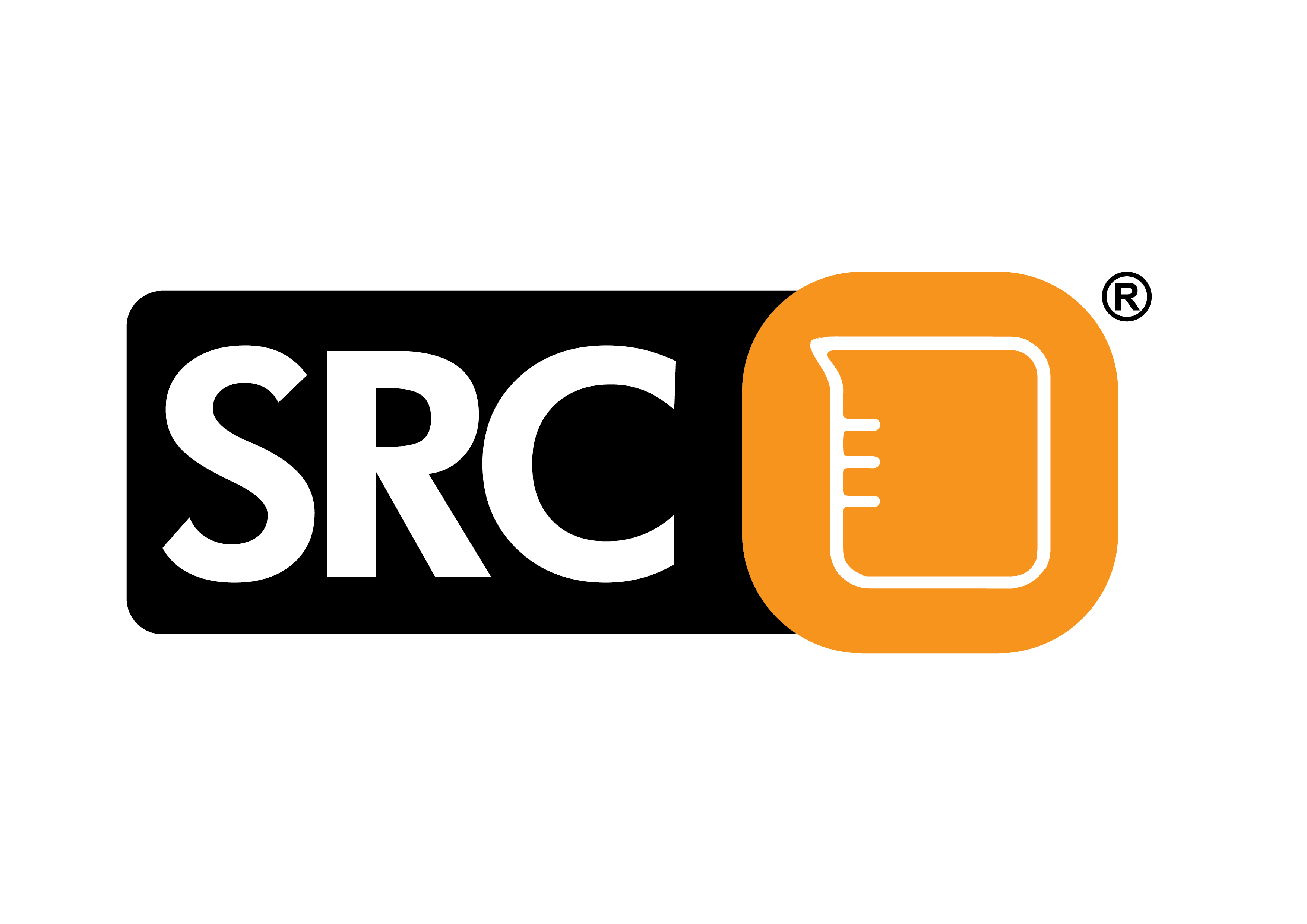Harnessing Solar Power for a Greener Future: SRC Leads the Way
As the world battles climate change, renewable energy sources like solar power are emerging as key solutions. SRC, a leading name in chemical production, is setting an example by leveraging solar energy to power its operations, contributing significantly to the reduction of CO2 emissions.
The Role of Solar Energy in Reducing CO2 Emissions
Solar energy has proven to be a game-changer in reducing carbon dioxide (CO2) emissions. Unlike fossil fuels, which release greenhouse gases during combustion, solar power generates clean energy by converting sunlight into electricity through photovoltaic panels. SRC’s solar energy capacity of 286 kW plays a vital role in this transformation, significantly reducing the company’s carbon footprint. With a CO2 reduction of 15,250 kilograms annually from solar energy alone, SRC’s solar initiative is equivalent to saving approximately 18,409 trees per year. This demonstrates the immense potential of solar panels, which reduce CO2 emissions more per acre than trees, aligning perfectly with the principles of green energy.
The Efficiency of Solar Power in Mitigating Climate Change
Solar panels help reduce greenhouse gas emissions by generating electricity without burning coal or gas, thus eliminating CO2 emissions associated with traditional power sources. The conversion of solar energy into chemical energy through advanced technologies enhances efficiency and minimizes energy loss. Moreover, solar panels are designed to last for decades, providing a long-term solution for reducing CO2 emissions and combating global warming. SRC’s initiative aligns with global efforts to decrease CO2 emissions per kWh from electricity generation, especially in countries like Pakistan, where the potential for solar energy is immense.
Saving Trees: Solar Power’s Contribution to Deforestation Prevention
SRC’s solar energy initiative has an even more profound environmental impact when we consider the role it plays in saving trees. The reduction of 15,250 kilograms of CO2 annually is equivalent to saving approximately 18,409 trees each year. Trees play a crucial role in absorbing CO2 from the atmosphere, and SRC’s adoption of solar energy helps prevent deforestation and promotes forest conservation by reducing the reliance on fossil fuels. By embracing solar power, SRC not only combats climate change but also contributes to the preservation of the natural environment.
The Long-Term Benefits of Solar Energy
Solar energy systems are designed to last for decades, providing a sustainable and long-term solution for reducing CO2 emissions. By utilizing solar power, businesses like SRC are able to achieve operational efficiency while minimizing their environmental impact. The longevity of solar panels ensures that the CO2 reduction benefits continue for years, making them a reliable choice in the fight against climate change.
Solar Energy’s Potential in Pakistan’s Renewable Energy Future
Pakistan faces an energy crisis that demands sustainable solutions. The future of solar energy in Pakistan is bright, with initiatives like SRC’s paving the way. By converting solar energy into chemical energy, SRC not only powers its production of home care products, car care solutions, adhesives, and leather crafting materials but also contributes to the country’s renewable energy goals. Solar power reduces CO2 emissions and mitigates the effects of global warming. By adopting solar energy, SRC demonstrates how businesses can reduce greenhouse gas emissions, contribute to the conservation of natural resources, and support global sustainability efforts.
SRC’s Impact on Global Sustainability Efforts
Renewable energy sources, such as solar, are often called green energy because of their minimal environmental impact. As SRC’s solar-powered operations show, solar energy can save significant amounts of CO2 annually, offer a scalable solution for industries and households, and provide a cleaner, sustainable alternative to fossil fuels.
Green Energy: Solar Power as a Sustainable Alternative
Solar power is often referred to as green energy due to its minimal environmental impact. By generating electricity without burning fossil fuels, solar power helps reduce the carbon footprint of businesses and individuals. SRC’s commitment to solar energy highlights the potential of renewable energy to transform industries, offering a sustainable alternative to conventional power sources.
SRC’s Commitment to a Sustainable Future Through Solar Energy
SRC’s commitment to solar energy and CO2 reduction is a testament to the transformative power of renewable energy. By utilizing a 286 kW solar system, SRC not only achieves operational efficiency but also leads the charge in creating a sustainable future. The adoption of solar power in Pakistan and beyond is essential for reducing greenhouse gas emissions and ensuring a greener, healthier planet for generations to come.

